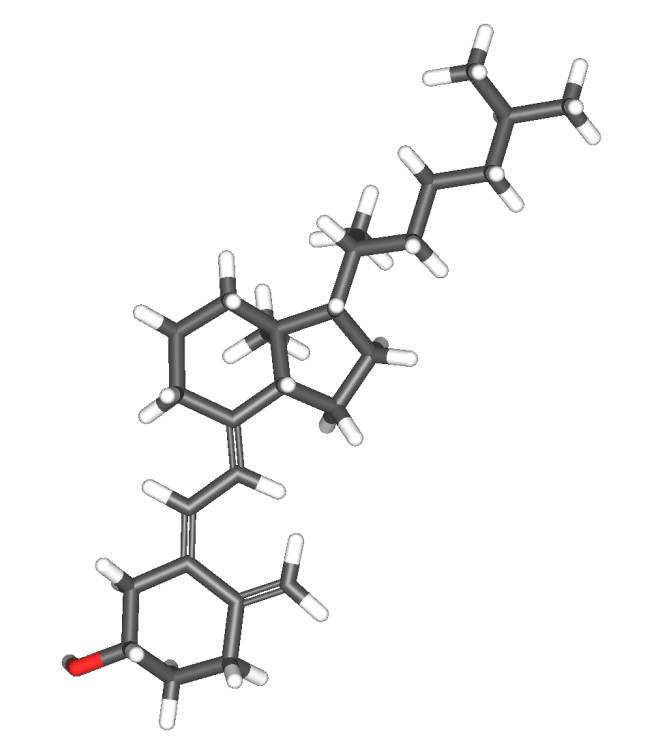 Evidence suggests that there is an association between poor vitamin D status and mood disorders. In particular, there appears to be a greater risk of depression in those with low levels of the active metabolite of vitamin D in their blood. Further, anecdotal evidence suggests that those individuals that have regular access to the sun do not suffer from such high levels of depression as those who are denied access to the sun, particularly in geographical areas that are at high latitudes. Clinical trials have been performed to investigate the relationship between vitamin D and depression, and these trials have generally found that vitamin D supplements do benefits certain individuals. For example, in one study, researchers administered either 20,000 or 40,000 IU of vitamin D to overweight subjects for 1 year. The results of the study showed that those with the lowest levels of vitamin D had the highest rates of depression, and that in these individuals supplementation not only increased levels of vitamin D, but also elevated mood.
Evidence suggests that there is an association between poor vitamin D status and mood disorders. In particular, there appears to be a greater risk of depression in those with low levels of the active metabolite of vitamin D in their blood. Further, anecdotal evidence suggests that those individuals that have regular access to the sun do not suffer from such high levels of depression as those who are denied access to the sun, particularly in geographical areas that are at high latitudes. Clinical trials have been performed to investigate the relationship between vitamin D and depression, and these trials have generally found that vitamin D supplements do benefits certain individuals. For example, in one study, researchers administered either 20,000 or 40,000 IU of vitamin D to overweight subjects for 1 year. The results of the study showed that those with the lowest levels of vitamin D had the highest rates of depression, and that in these individuals supplementation not only increased levels of vitamin D, but also elevated mood.

Vitamin D supplements may elevate mood in overweight subjects because it has been shown that overweight subjects have depressed levels of vitamin D in their blood. It is unclear why this is so, but may relate to the fact that vitamin D is sequestered into adipose tissue, and the larger adipose tissue of overweight subjects may result in lower blood levels of vitamin D. Image is of the chemical structure of vitamin D (cholecalciferol). Image from: By Sbrools – Own work, CC BY-SA 3.0, https://commons.wikimedia.org/ w/ index.php?curid=2067061.
Eat Well, Stay Healthy, Protect Yourself
RdB
